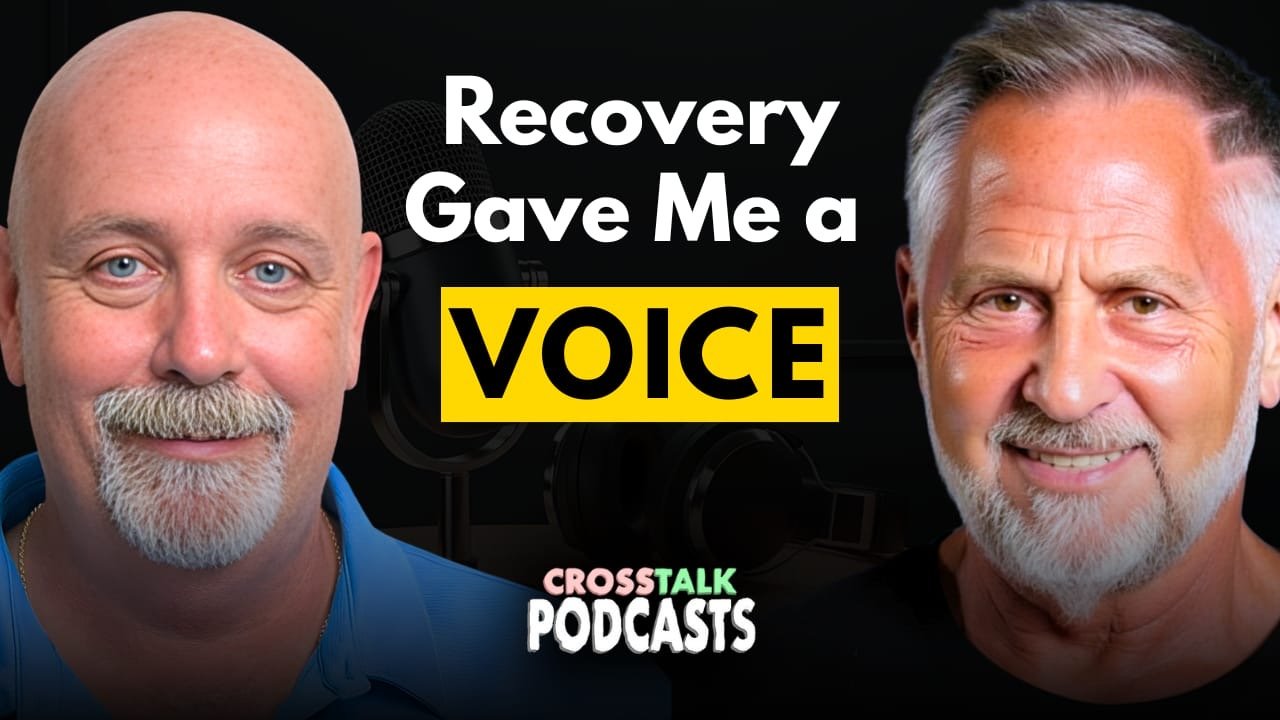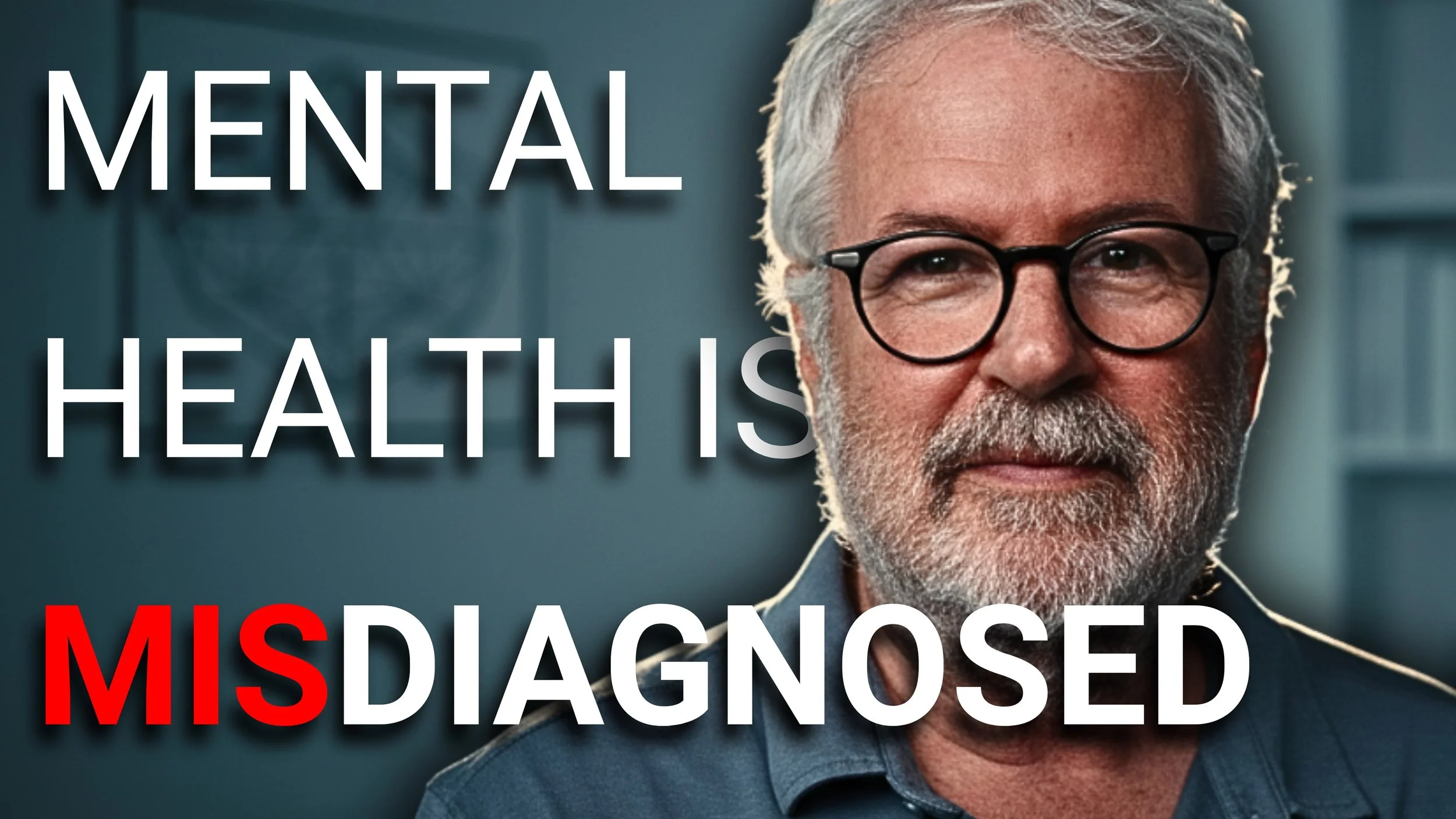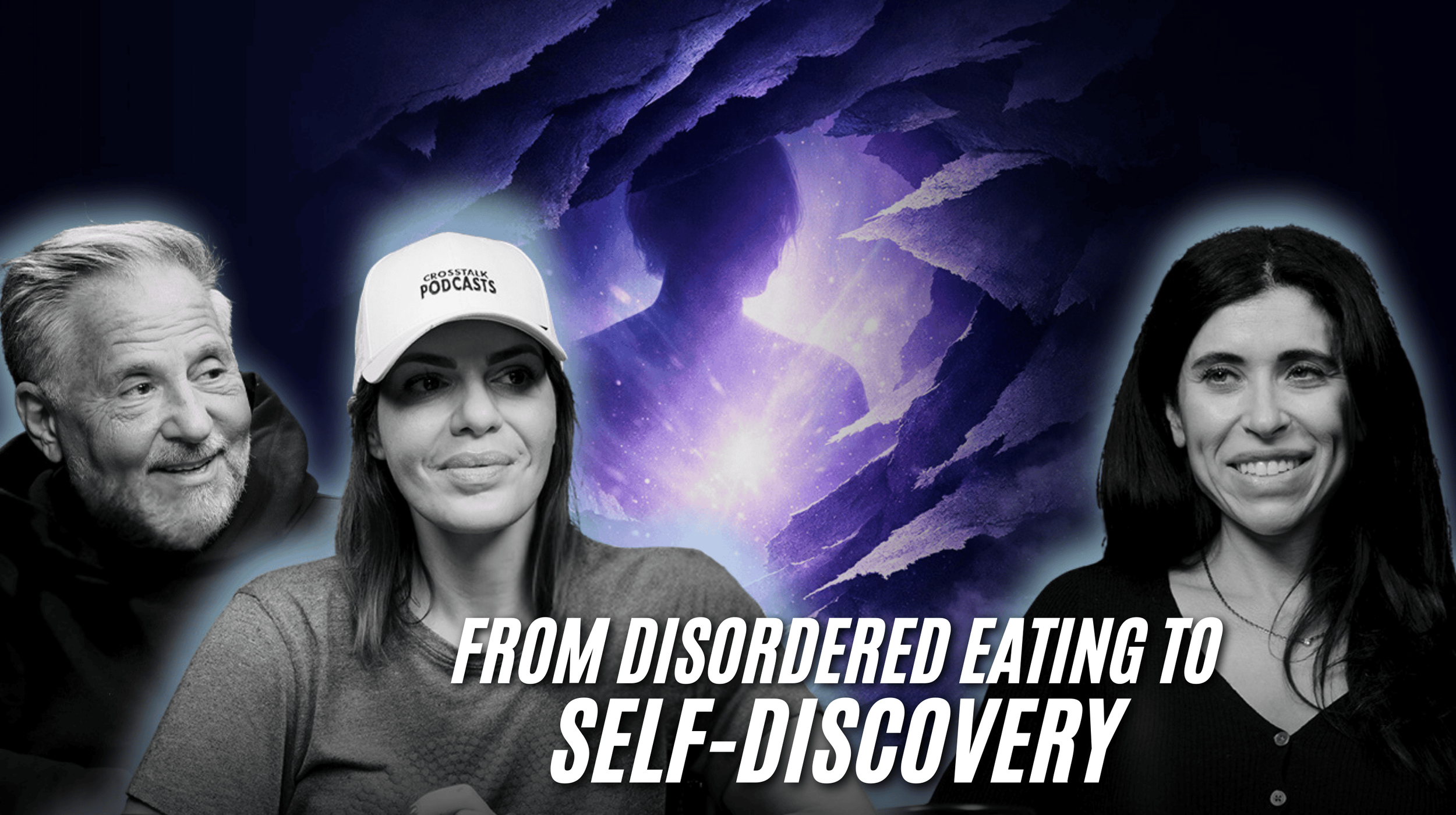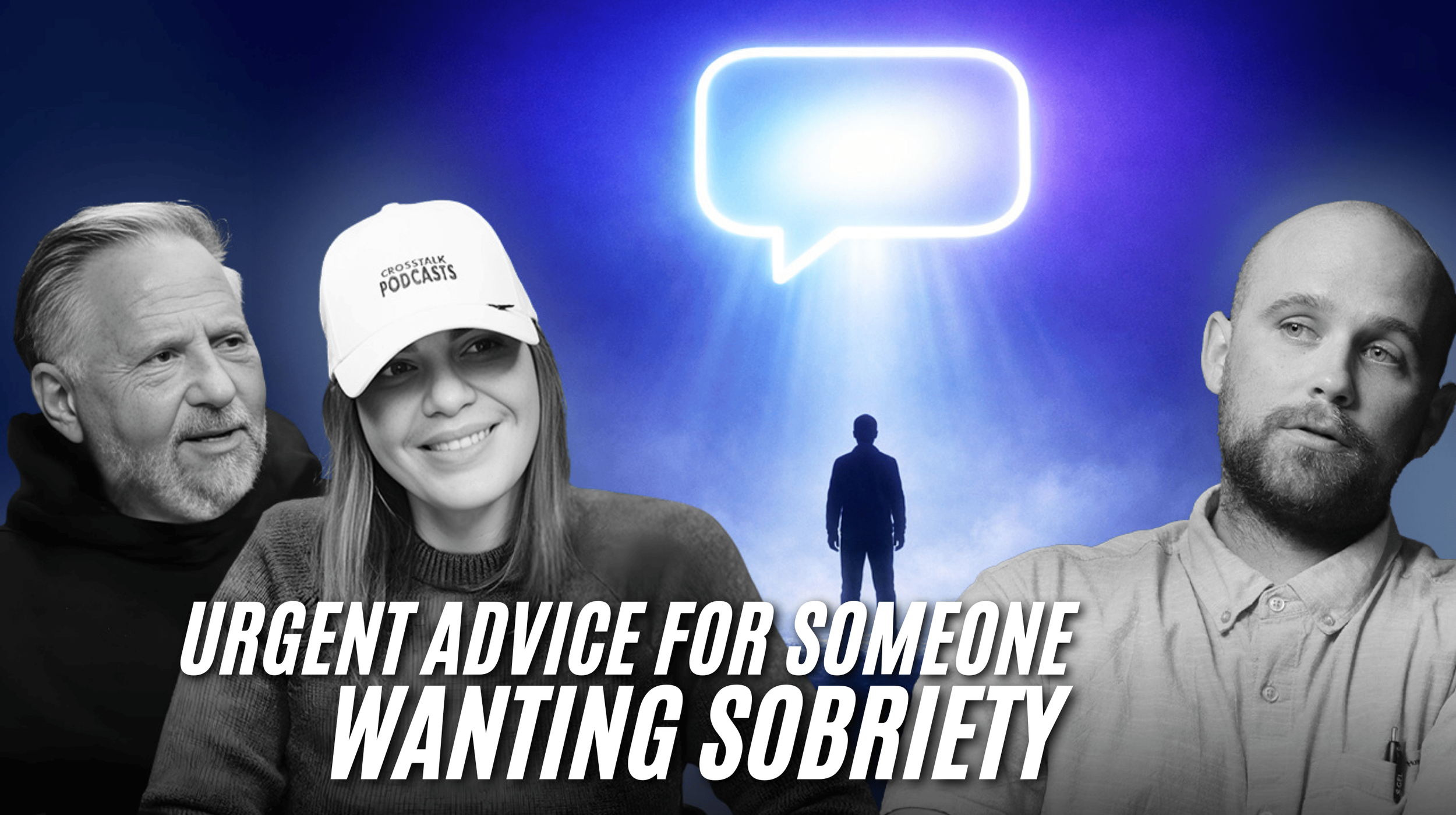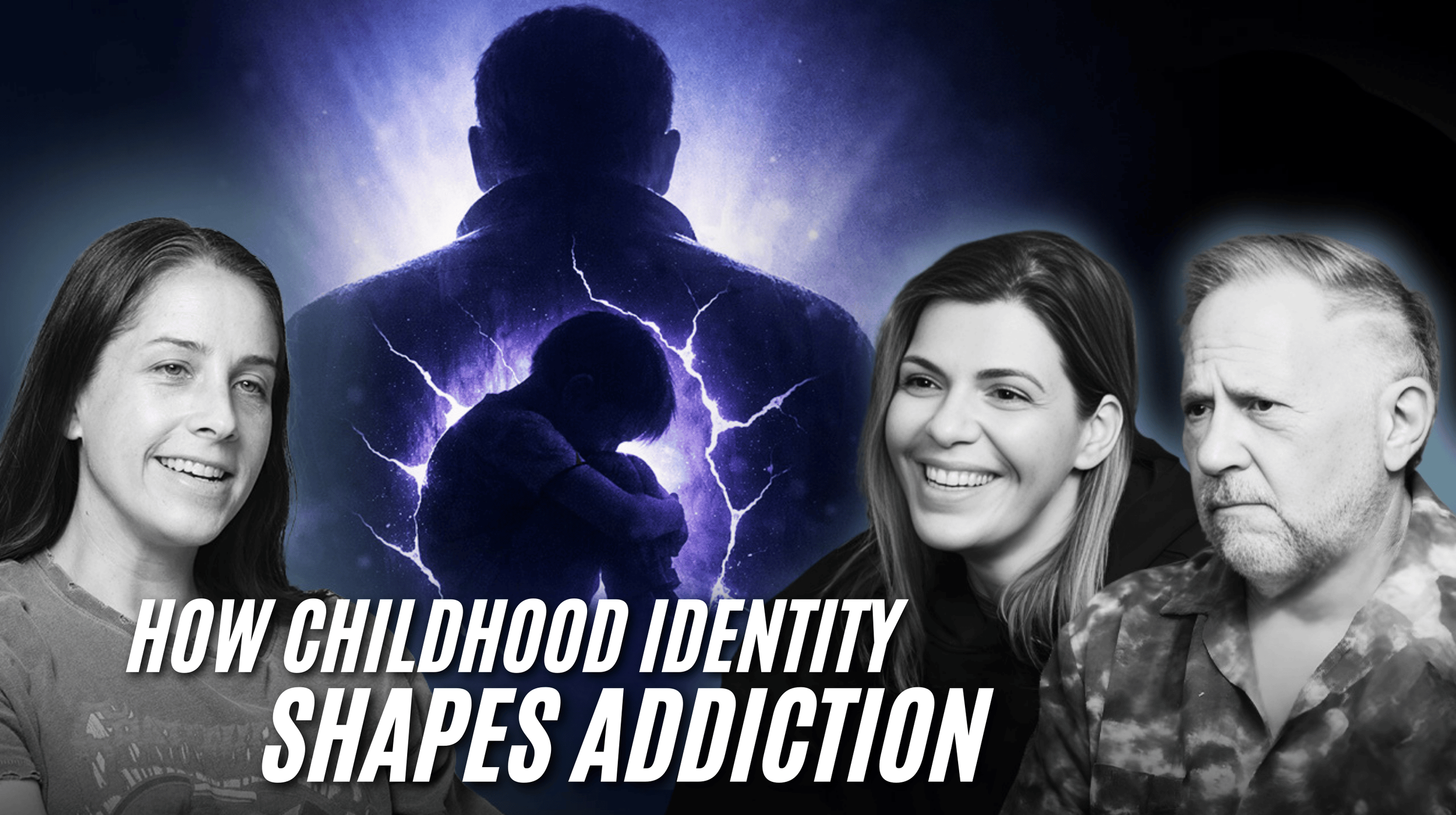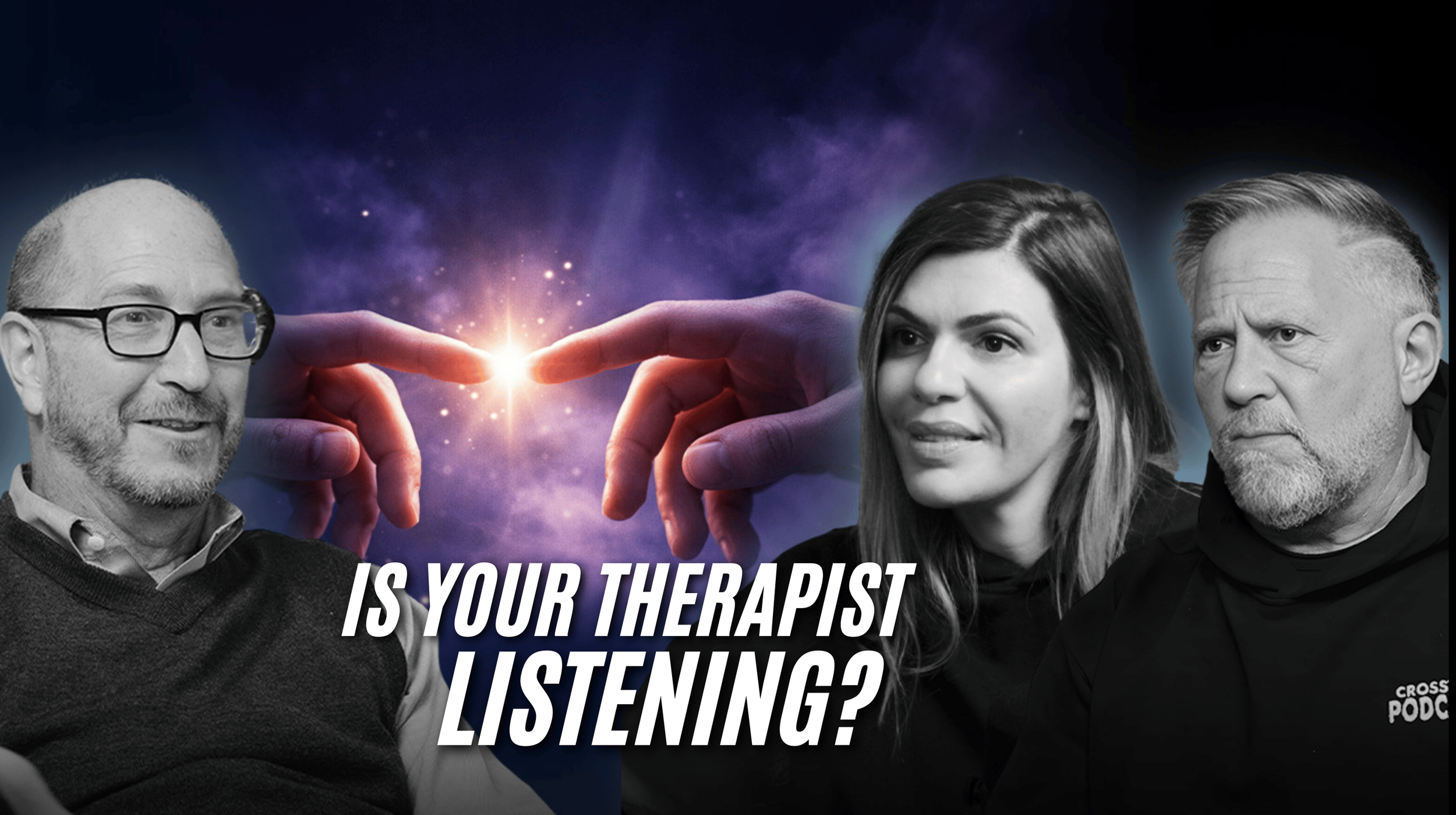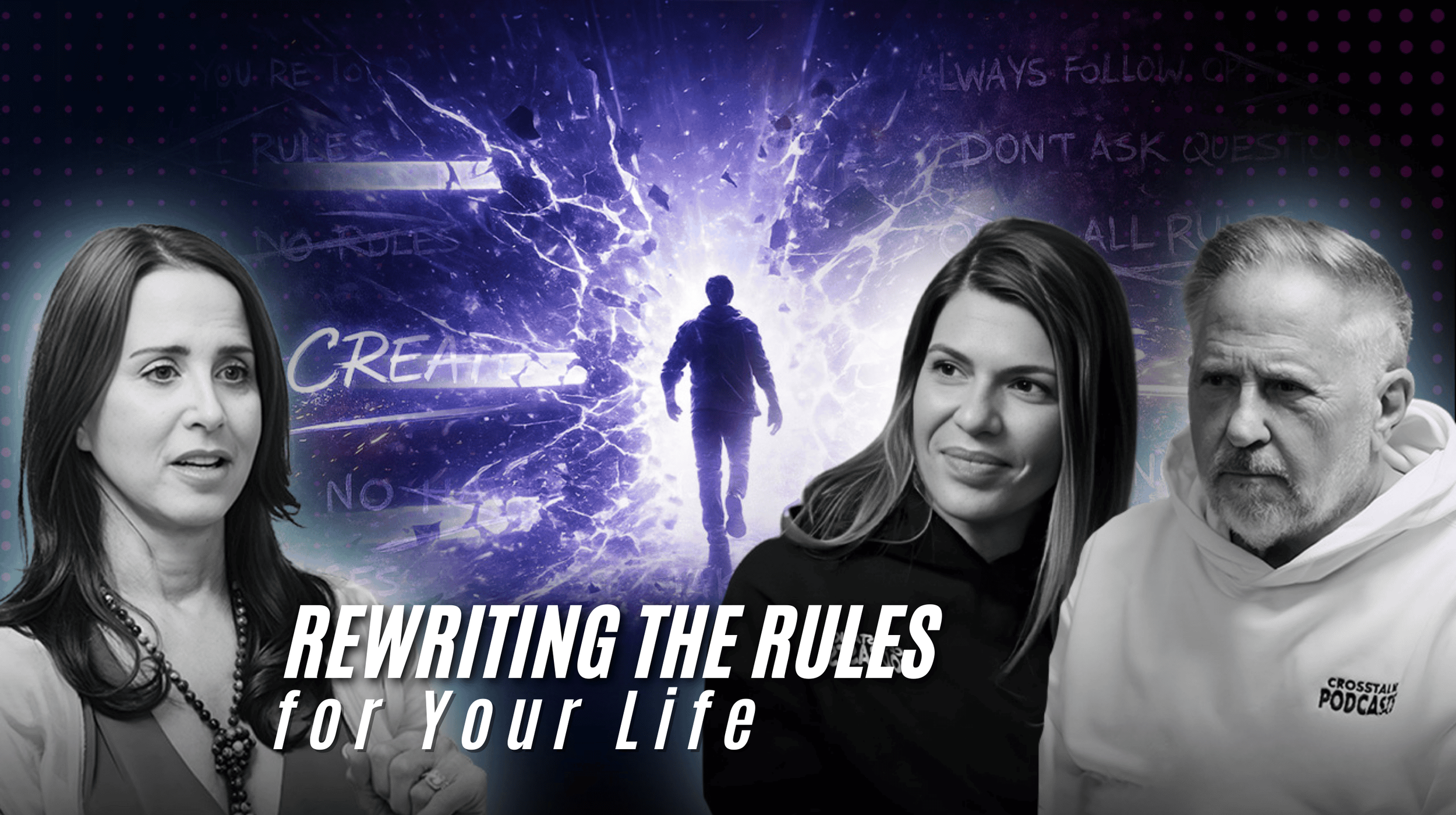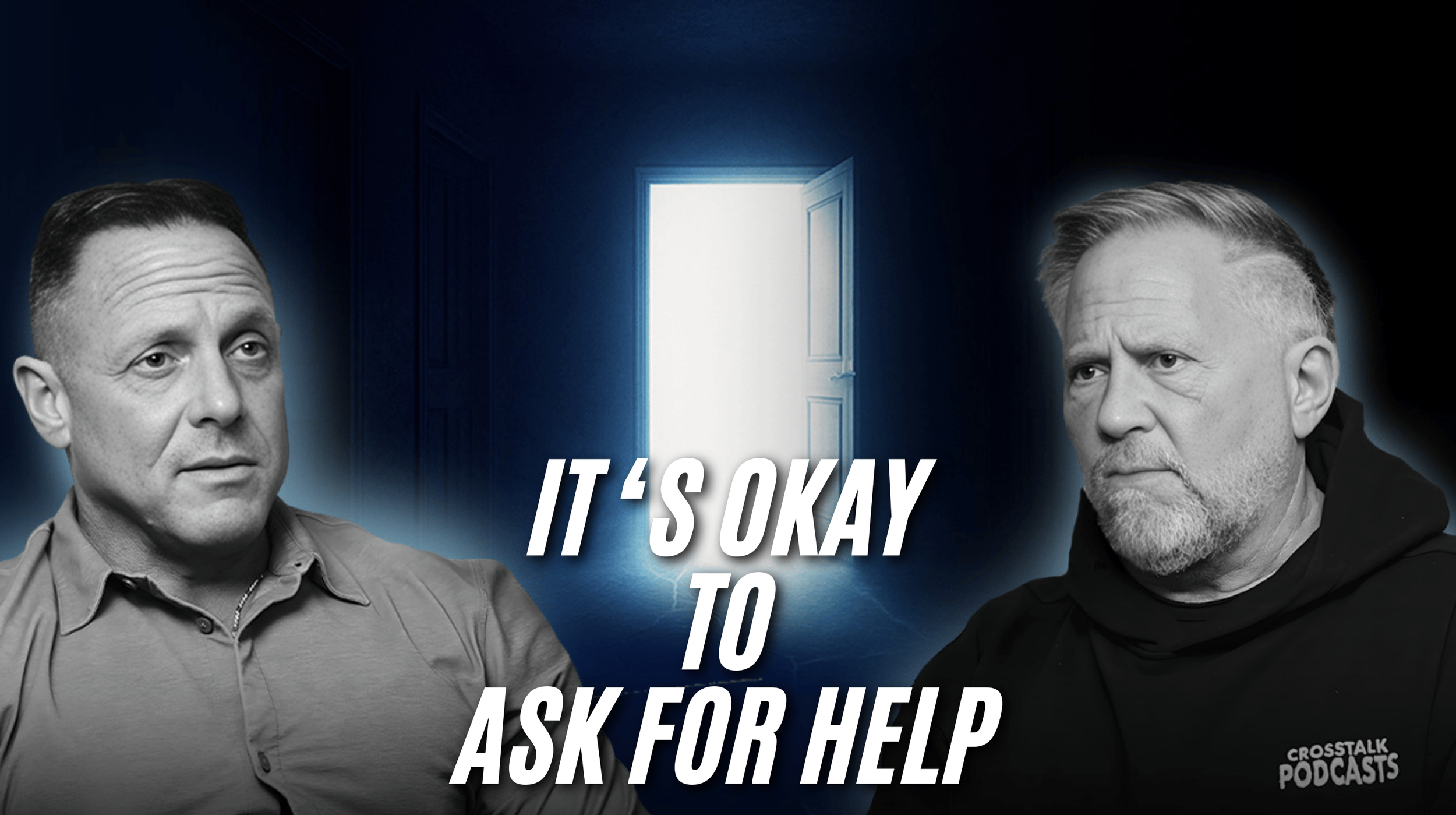Facing Trauma & Finding Yourself in Recovery | Christine D. (Part 1)
Listen or watch on your favorite platforms
Meet Christine — a successful professional, loving mother, and the last person you'd expect to battle addiction. But behind the polished exterior was a woman drowning in alcohol, trauma, and guilt. This is the raw, powerful story of how she found the courage to get sober at 50.
Christine grew up surrounded by alcohol, in a culture that normalized overindulgence and blamed victims for their trauma. After surviving a date rape in college and a physically abusive relationship, she buried her pain under years of high-functioning alcoholism. Her world began to spiral when her daughter developed a life-threatening eating disorder, triggering Christine’s emotional collapse and dangerously ramped-up drinking. At her lowest, her children checked if she was still breathing.
Today, Christine is in recovery, working with the very treatment center that helped save her life. She's using her voice and experience to support others navigating the darkness of addiction and the weight of generational trauma. Her story is a testament to the fact that it’s never too late to change your life.
Whether you're struggling in silence or supporting someone who is, this episode will offer you hope, compassion, and a deeper understanding of how addiction can affect even the most “put-together” lives. Tune in for real talk, honest healing, and proof that recovery is always possible — no matter your age or your story.
A childhood defined by Chaos
Christine grew up in western Pennsylvania, immersed in a culture where alcohol was as common as coffee. At seven, she was already familiar with wine at the dinner table and beer-soaked football games. “I drank for being happy. I drank for being sad. I drank for being strong,” she recalled. Despite a seemingly joyful upbringing, Christine carried a lingering sense of feeling “slow,” of not quite measuring up. Her childhood was shaped by a subtle undercurrent of emotional neglect and a family legacy of alcohol normalization that laid the foundation for her relationship with drinking.
The First Drink and the Escape It Brought
By 13, Christine experienced her first hangover. “That hangover stayed with me for decades,” she said. While her peers experimented with substances, Christine avoided drugs due to traumatic family experiences with heroin and psychotropics. But alcohol? That felt safe—familiar. In college, that illusion shattered when she was sexually assaulted while intoxicated. “I called it date rape… but I didn’t think it counted,” she admitted. She never reported it, believing it was her fault. Her early relationship with alcohol became entangled with shame, trauma, and self-blame—barriers that would remain unprocessed for decades.
The Grip of Addiction
Christine went on to build a successful career in pharmaceuticals and advertising, priding herself on being “high-functioning.” But behind the achievements was a woman who drank to manage emotions, cope with stress, and silence the internal chaos. After her divorce at 41, things escalated. “Liquor stores delivered. You didn’t need a car. You didn’t need a reason,” she said of her New York City lifestyle. She drank vodka while reading, wine while doing dishes, and more wine in bed—justifying it as a way to unwind. “I was controlling it,” she told herself. In reality, alcohol was controlling her.
Active Addiction - The Descent
Her rock bottom didn’t come in a jail cell or hospital—it came at home, quietly, tragically. When her daughter developed a life-threatening eating disorder, Christine’s coping strategy crumbled. She was passed out most nights, sometimes so deeply her children would place a mirror under her nose to check if she was breathing. The emotional toll, the guilt of not being able to “fix” her daughter, and the feeling of being utterly alone brought her to her knees. “I was the fixer. But I couldn’t fix her. And I definitely couldn’t fix myself.”
The Path to Recovery
At 50, Christine entered recovery. She walked through the doors of Caron Treatment Centers and finally admitted the trauma and pain she’d buried for years. “When they asked if I had trauma, I said no. When they asked if I was raped, I said ‘well, it was just a date rape.’” Therapy peeled back those layers. With support from a therapist and a community she never thought she’d be a part of, she began to heal. “It wasn’t about not drinking—it was about learning to feel again.” Sobriety wasn’t just about abstinence; it was about transformation.
Life today
Today, Christine works at Caron, helping others find community in recovery. She travels, organizes alumni events, and offers mentorship to families navigating trauma. She speaks openly about her past, not with shame but with clarity. “I don’t know what I could have achieved had I not been drinking all those years. But I do know what I can do now.” Her life today is filled with connection, meaning, and service—a powerful reminder that it’s never too late to change. Her story is proof: you can rise at 50, and still have decades of joy, purpose, and sobriety ahead.
FAQs
1. Can you be a high-functioning alcoholic?
Yes, many people appear successful externally while struggling privately with alcoholism.
2. Is alcohol part of most family cultures?
In many cultures, alcohol is normalized from a young age, which can mask unhealthy behaviors.
3. What does hitting bottom look like without legal trouble?
Hitting bottom is emotional—it can be isolation, shame, or a moment of realizing you’ve lost yourself.
4. Can trauma fuel addiction even if it’s unacknowledged?
Absolutely—unprocessed trauma, especially from childhood or sexual assault, often underlies addiction.
5. Is it too late to get sober after 50?
Never. Christine’s story shows transformation is possible at any age.
Related episodes
ABOUT CROSSTALK
CROSSTALK reveals real stories of everyday people and notable figures, sharing their journeys from struggles to life-changing 'aha' moments with all kinds .


 Spotify
Spotify






